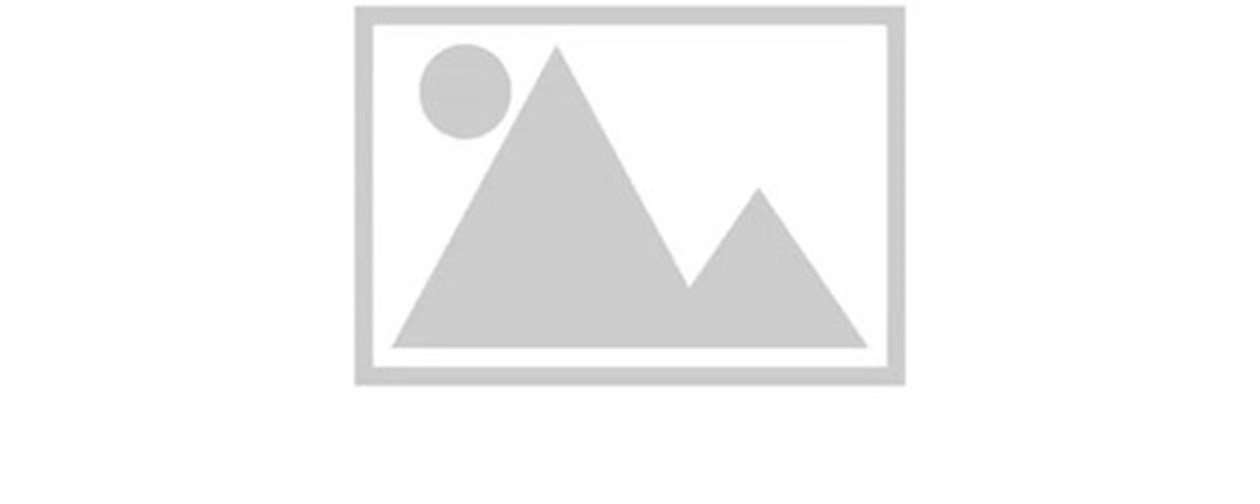Telecommunications Equipment Laboratory

Classification of Telecommunications Equipment Based on Standards
Telecommunications equipment is classified according to standards into several categories:
- Network Communication Equipment: This includes non-radio network equipment (switches, routers, cable modems, access points, network security equipment, etc.), optical equipment (network optical link systems, fiber optic converters, etc.), and non-radio equipment (power supplies, VoIP equipment, etc.).
- Radio Communication Equipment and Its Accessories: This includes radio network equipment (wireless modems, HIPERLAN, RLAN, and LAN, etc.), SRD equipment (radio frequency identification, automatic vehicle identification, sensors and alarms, remote control of cranes, medical monitoring equipment, telemetry, etc.), tablets without SIM cards, microwave links, GPS equipment, wireless equipment (radio modems), and more.
- Multimedia Equipment: This includes information technology equipment, audio and video receivers, and more.
Introduction to the Laboratory:
The Telecommunications Equipment Laboratory at Energy and Power Industries Laboratories Company (EPIL) is approved by the Food and Drug Administration, the General Directorate of Medical Equipment, the Ministry of Communications and Information Technology, and the country's customs offices for conducting standard tests. This laboratory is also one of the first neutral partner laboratories of the Standards Institute, holding ISO17025 certification and traceable by ILAC.
Services of the Telecommunications Equipment Laboratory
The main services provided by the Telecommunications Equipment Laboratory of EPIL are as follows:
Key Services for Manufacturers:
- Conducting type tests on telecommunications products with international traceability by ILAC
- Providing consultation and necessary tests for obtaining standard marks for manufactured products
- Reviewing production processes and identifying and resolving potential defects before standard sampling
- Providing technical consultation for equipping laboratories and necessary training in this area
- Offering quality consultation for implementing systems and obtaining related documentation
- Conducting inspections and audits of production lines
Key Services for Importers:
- Handling procedures related to obtaining import permits for goods
- Reviewing and stating necessary standards for importing goods and conducting related tests
- Providing guidance for the procurement and importation process, offering necessary pre-purchase consultations, and identifying potential issues.

Request to contact the laboratory